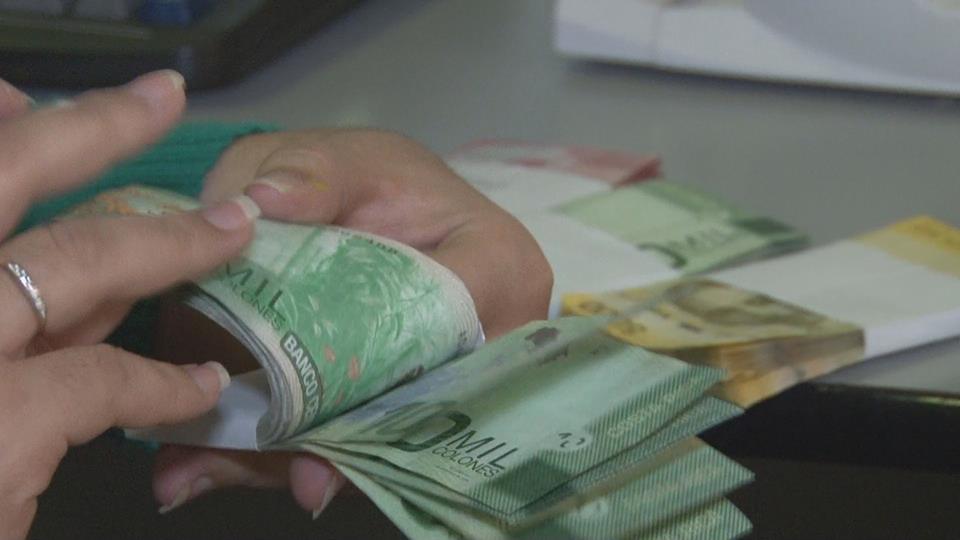Costa Rica News – Costa Rica like the USA is becoming more and more a society built on credit and debt, which can cause economic catastrophe in the future.
 December is approaching and with it two things: the ‘aguinaldo’, the annual year-end bonus and ways to spend to spend it or save.
December is approaching and with it two things: the ‘aguinaldo’, the annual year-end bonus and ways to spend to spend it or save.
For many the aguinaldo is a saviour at one of the more expensive times of the year, while for others it means adding to savings. But it is also a time to waste, spending on non-essential items, prompted by offers by retailers.
The “financial revolution”, as explained by Xavier Serbiá, financial commentator, syndicated columnist, and news anchor of CNN Dinero at CNN en Español, is way of planning your finances, breaking the financial illiteracy that exists today, to make a 180 degree change, to cultivate a culture of savings.
Serbiá will be in Costa Rica to give a talk on the best practices in personal finances, on Monday, November 7 in an event organizer by the El Financiero and sponsored by the Banco Nacional.
According to Serbiá, people do not always feel comfortable talking about finances. To achieve this the expert says we must give knowledge to people on issues of finance, savings and credit.
“We have focused on the subject of reading, to have culture, but we are illiterate in matters of finance, because we do not understand a mortgage contract,” Serbiá said in an interview with La Nacion.
What advice does Serbiá give to people for their aguinaldo?
The expert said that first horror that people commit as soon as they receive their bonus is spend, enter into the fever and excitement of Christmas shopping. “They spend it all,” said Serbiá.
The expert recommends to first look at priorities like savings for an emergency, retirement, etc.
One of the first problems many face is the mind-set that saving is bad; that having money we think about being capitalists. “I think we have to attack this moral problem, money is neither good nor bad, it is a tool to allows us to buy the things we need to progress,” said Serbiá.
On the issue of borrowing, Serbiá said “borrowing should be temporary and productive.” For the expert, debt service (payment of principal and interest) should not be more than one-third (36%) of net income.
The expert also considers liquidity, the ability to have cash available to meet emergencies is important. Serbiá, like many other financial experts, believes on at least six months liquidity to survive a job loss, for exampe.
The event, “La revolución financiera: el dinero y la prosperidad viene con instrucciones”, (The financial revolution: money and prosperity comes with instructions) will be held at the Museo de los Niños (Children’s Musuem) auditorium starting at 2:00pm on Monday, November 6. Tickets are on sale at www.boleteria.cr.
From QCostaRica

